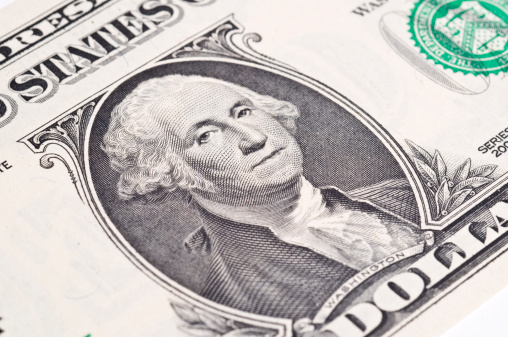Telecom & Wireless
Do Investors Need to Worry About the AT&T Dividend After the DirecTV Merger?
Published:
While all the attention around the AT&T Inc. (NYSE: T) buyout of DirecTV (NASDAQ: DTV) has centered on the new angle of the company, it seems at least fair to wonder if income investors should be worried whether AT&T’s status of having the highest dividend yield among all Dow Jones Industrial Average has any risk to it, particularly considering that DirecTV has no dividend despite having a $43 billion market value.
So, how worried should existing shareholders of AT&T common stock be about its future dividend?
As a part of the $95.00 per share buyout, some $28.50 per share will be paid out by AT&T in cash and $66.50 per share in AT&T stock. The stock portion will also be subject to a collar. The terms of that collar are “such that DIRECTV shareholders will receive 1.905 AT&T shares if AT&T stock price is below $34.90 at closing and 1.724 AT&T shares if AT&T stock price is above $38.58 at closing. If AT&T stock price at closing is between $34.90 and $38.58, DIRECTV shareholders will receive a number of shares between 1.724 and 1.905, equal to $66.50 in value.”
Let’s forget about a 1.3% drop in AT&T shares for a second. Honestly, that is small potatoes when you consider that this buyout has a total equity value of $48.5 billion and a total transaction value of $67.1 billion, if you include DirecTV’s net debt.
The buyout implies an adjusted enterprise value multiple of 7.7 times DirecTV’s 2014 estimated EBITDA. A second assumption is that DirecTV shareholders will own between 14.5% and 15.8% of AT&T shares on a fully diluted basis after the merger, depending on the stock collar. AT&T is currently valued at $188 billion.
ALSO READ: Why AT&T-DirecTV Merger Will Force Dish Network Into a Deal
The good news is that AT&T is funding the cash portion of the buyout transaction with its cash on hand, a sale of non-core assets, committed financing facilities and what it called opportunistic debt market transactions. This implies that there will be at least some leverage used here for this deal.
Now consider that AT&T’s dividend yield is close to 5.1%. This puts AT&T’s current dividend obligation at close to $9.5 billion per year. Also, keep in mind that companies (certainly the caliber and size of AT&T) have an unwritten agreement with shareholders that there will be no dividend cuts. Also keep in mind that AT&T has a history of raising its dividends year in and year out.
If we just use a straight line then this will add close to another $34 billion in market cap for the new stock, or you can argue that the full $48.5 billion should be added since AT&T is actually paying the difference in cash. We will only assume the equity argument and not include the extra cash being added to the market cap. This is still an extra $1.7 billion or so in annual dividend payments that AT&T will be on the hook for — with the reminder that DirecTV pays no dividend now.
AT&T said that it intends to divest its interest in América Móvil, including 73 million publicly listed L shares and all of its AA shares. AT&T did not signal how much that will raise, likely because it will be many months before the deal is approved and closes.
Where the real run comes in wondering about AT&T’s future dividend is that chief rival and fellow DJIA component Verizon Communications Inc. (NYSE: VZ) pays its equity investors a yield of closer to 4.3%. With a $205 billion market cap, that puts Verizon’s current dividend obligations around $8.8 billion per year, short of AT&T’s $9.5 billion existing annualized obligation, plus another $1.7 billion or so based on the acquisition.
The current dividend payout of $1.84 per share for AT&T compares to the Thomson Reuters consensus earnings estimates of $2.70 per share in 2014 and $2.82 per share in 2015. It also compares to $2.50 in earnings per share from 2013, implying that AT&T is targeting close to 74% income per share in payout looking backwards and about 68% of income per share looking forward.
The good news here is that AT&T is unlikely to be forced to cut its dividend. That just honestly seems like a very low risk tail event. At the same time, it seems unlikely that investors should start expecting more than a traditional penny-per-quarter hike ahead either.
ALSO READ: Companies With the Best (and Worst) Reputations
Thank you for reading! Have some feedback for us?
Contact the 24/7 Wall St. editorial team.